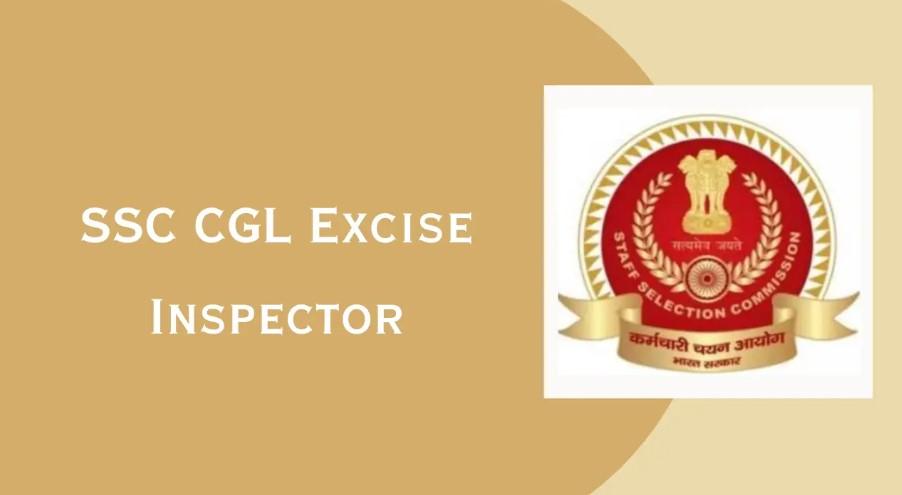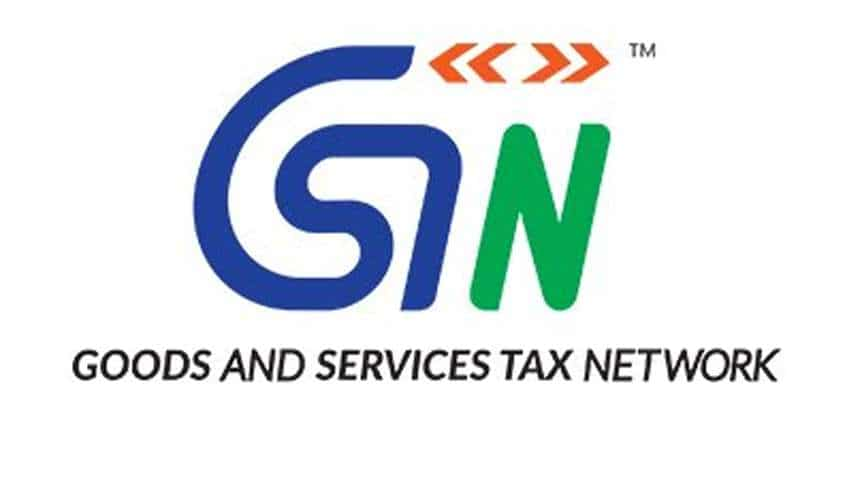No Requirement of Show Cause Notice in Service Tax / Central Excise in Certain Cases – CBEC Clarifies

CBEC vide its Circular No. F.No.137/46/2015-Service Tax dated 18th August, 2015 has issued an instruction with the lofty goal of reducing of Litigation, Paperwork and Compliance formalities including that of issuance of Show cause Notice, replying to the same and conclusion of the proceedings.
Doubt: Does a SCN have to be issued in a case involving the extended period of limitation, where the assessee pays the tax/duty, interest and 15% penalty as prescribed?
In a case involving the extended period of limitation, if an assessee pays the service tax/central excise duty, interest and penalty equal to 15% of the tax/duty and makes a request in writing that a written SCN may not be issued to them, then in such cases the SCN can be oral and the representation (if he desires) against it also oral. In other words, an assessee can request for an informed waiver of a written SCN. [Board has relied on the Supreme Court in the case of Commissioner of Customs, Mumbai versus Virgo Steels reported in 2002-TIOL-1572-SC-CUS-LB
If the grounds on which the department feels that there has been short/non-payment of tax/duty are intimated to the assessee orally with its quantification and the assessee indicates in writing that he has been informed about such grounds and he accepts the grounds and the quantification and is waiving the requirement of a written SCN, then a written SCN need not be issued.

Further, clause (i) of the second proviso to section 78 of the Finance Act, 1994 and clause (d) of sub-section (1) of section 11AC of the Central Excise Act. 1944 refer to a thirty day period, from the date of service of the notice, within which the assessee may make the payment of tax/duty, interest and reduced penalty of 15%. In case the assessee makes a written request for waiver of a written SCN, the thirty day period can be computed from the date of receipt of such a letter by the department. (What happens if the assessee fails to pay the 15% penalty within 30 days from such date? An adjudication order has to be passed without a written notice?)
There is no bar on an assessee making the payment of tax/duty, interest and reduced penalty of 15% even before the date of receipt of such a letter by the department. Such an assessee cannot be placed on a worse footing than one who pays tax/duty, interest and reduced penalty of 15% within 30 days of the receipt of the SCN/receipt of letter by the department.
On Conclusion of Proceedings
Doubt: Who is competent to order conclusion of proceedings if the conditions meriting conclusion of proceedings are fulfilled?
Conclusion of proceedings may be approved by an officer equal in rank to the officer who is competent to adjudicate such cases. The cases can be closed by officers of DGCEI/Executive Commissionerate/Audit Commissionerate, as the case may be. If multiple issues involving different monetary values arise from the same proceedings, then the sum total involved in all the issues arising from the same proceedings should be considered for conclusion of proceedings. The conclusion of proceedings should invariably be intimated to the assessee in writing. There is no need to issue an adjudication order. Further, there is no need to undertake review of such conclusion of proceedings.
It is further clarified that a harmonious reading of Section 73(3) and the proviso to clause (1) of Section 76, in cases not involving fraud, suppression of facts, etc, if the assessee pays the tax along with interest, either within 30 days of issuance of SCN or before the issuance of SCN, then in such cases proceedings shall be deemed to be concluded. Legal provisions for similar closure in central excise are present in clause (a) of sub-section (1) of section 11 AC of the Central Excise Act, 1944.
Gist of Circular
1. There is no requirement of a written Show Cause Notice if the assessee waives it.

2. Even when the assessee has the option to pay 15% penalty within thirty days of receipt of notice, the notice can be waived and the date of receipt of the waiver request by the department will be the relevant date for computing the thirty day period.
3. There is no bar on an assessee making the payment of tax/duty, interest and reduced penalty of 15% even before the date of receipt of such a letter by the department.
4. Conclusion of proceedings may be approved by an officer equal in rank to the officer who is competent to adjudicate such cases.
5. The conclusion of proceedings should invariably be intimated to the assessee in writing.
6. There is no review of the proceedings – Hence they are FINAL !
One thing very critical in the said circular that the board has tried to indicate vide referring the judgement of Virgo Steels (Supra) is,
“16. If the above position in law is correct, which we think it is. M/s Virgo Steels, having specifically waived its right for a notice, cannot now be permitted to turn around and contend that the proceedings initiated against them are void for want of notice under Section 28 of the Act, so as to frustrate the statutory duty of the Revenue to demand and collect customs duty which M/s Virgo Steels had intentionally evaded.”
It appears vide the above reference of SC Judgement, that once the assessee who had waived the right to notice, cannot be permitted to claim that the proceedings are void as no notice was given. What in those cases where the assessee alleges that the waiver was obtained by coercion and other forceful means is food for thought ..

 Related Tags CA Ankit Gulgulia, CBEC, Central Excise, Circulars, GST,Servicetax
Related Tags CA Ankit Gulgulia, CBEC, Central Excise, Circulars, GST,Servicetax













